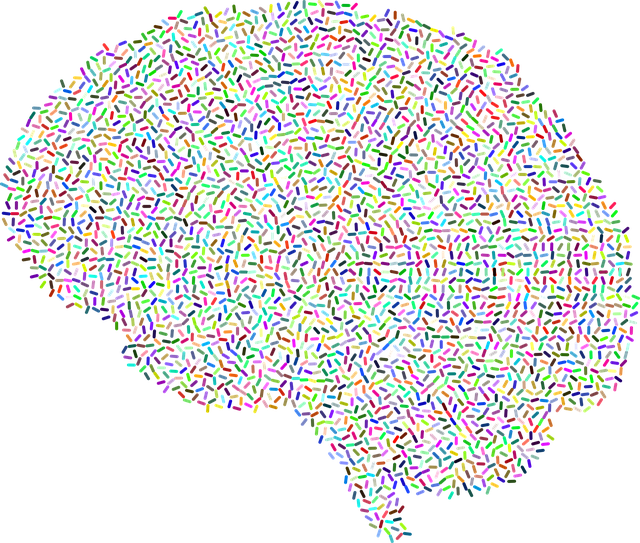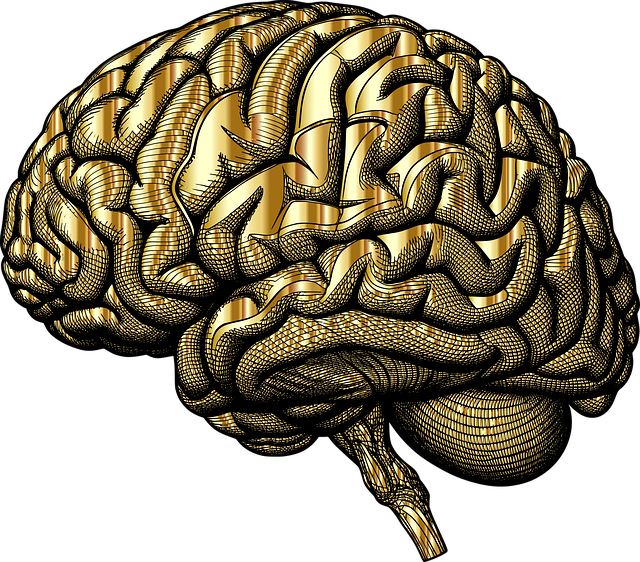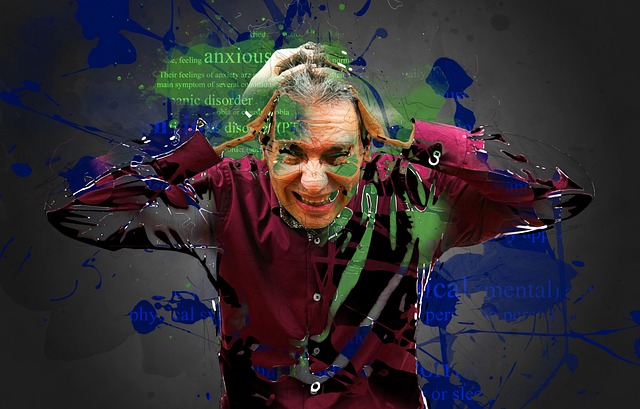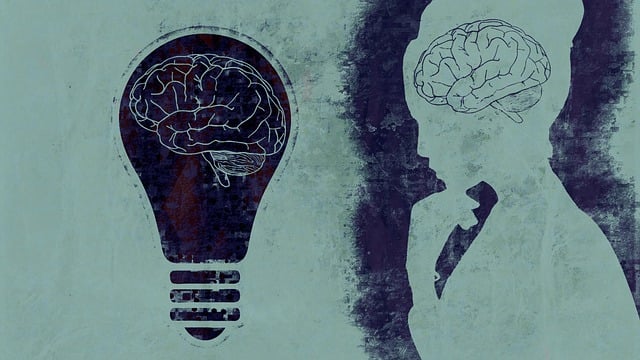Mental health policies shape societies' responses to emotional well-being, with advocates pushing for evidence-based solutions like funding accessible therapy for elders, including EMDR certified therapists. EMDR, an effective therapy for trauma and anxiety using bilateral stimulation, offers transformative care for seniors with PTSD, depression, or aging-related concerns. However, the current policy landscape faces challenges in addressing elderly needs, such as limited access to specialized therapy and a shortage of trained professionals. Effective advocacy requires public education, stakeholder engagement, and policy interventions focusing on accessible EMDR treatments, mindfulness, and compassion cultivation to empower seniors in maintaining their mental health.
Mental health policy advocacy is a powerful tool to ensure accessible and effective care for all. This article delves into crucial aspects of mental health governance, focusing on specific treatments like EMDR therapy for elders. We explore the current landscape, identifying gaps in policies that impact elderly well-being. By analyzing challenges, we uncover strategies for advocacy, emphasizing the role of certified EMDR therapists in enhancing elder care. Understanding policy fundamentals is key to driving change and fostering a supportive environment for mental health services tailored to seniors’ unique needs.
- Understanding Mental Health Policy: A Foundation for Advocacy
- The Role of EMDR Therapy in Elder Care
- Challenges and Gaps in Current Policy: A Critical Analysis
- Strategies for Effective Mental Health Policy Advocacy
Understanding Mental Health Policy: A Foundation for Advocacy

Mental health policy forms the backbone of a society’s approach to addressing and supporting individuals with mental health concerns. Understanding these policies is paramount for advocates aiming to bring about positive change. At its core, mental health policy involves the development and implementation of guidelines, regulations, and programs designed to enhance emotional well-being promotion techniques among the population. It encompasses various strategies, from funding accessible therapy for elders, such as EMDR certified therapists, to promoting compassion cultivation practices in schools and workplaces.
By delving into these policies, advocates can identify gaps and advocate for evidence-based solutions. For instance, emphasizing the role of emotional regulation techniques in mitigating mental health issues can lead to more comprehensive support systems. This involves navigating complex systems, understanding research-backed methods like EMDR, and fostering public awareness about the importance of mental health advocacy—all crucial steps in creating a supportive environment that prioritizes the emotional well-being of all individuals.
The Role of EMDR Therapy in Elder Care

The integration of Eye Movement Desensitization and Reprocessing (EMDR) therapy in elder care settings offers a promising approach to enhancing mental well-being among older adults. EMDR is a highly effective therapy for trauma and anxiety, utilizing bilateral stimulation to facilitate emotional healing processes. For seniors, who may have experienced various life traumas or face challenges related to aging, this therapeutic method can be transformative. Certified EMDR therapists play a pivotal role in providing specialized care, addressing complex issues such as PTSD, depression, and the unique concerns of aging minds.
By incorporating EMDR into elder care, healthcare providers can implement burnout prevention strategies for themselves while offering innovative solutions to their patients. The therapy’s ability to accelerate the processing of distressing memories aligns with the core principles of mind over matter, empowering seniors to take control of their mental health. This holistic approach ensures that emotional healing becomes an integral part of overall well-being in later life, fostering resilience and improving quality of life for this demographic.
Challenges and Gaps in Current Policy: A Critical Analysis

Despite significant strides in recognizing mental health as a vital component of overall well-being, the current policy landscape faces substantial challenges and gaps, particularly when addressing the unique needs of elderly populations. One pressing issue is the limited access to specialized therapy services tailored for seniors, such as EMDR (Eye Movement Desensitization and Reprocessing) certified treatments, which have proven effective in trauma healing. Many regions struggle with a shortage of mental health professionals equipped to provide age-appropriate care, emphasizing the need for targeted policy interventions to enhance training and incentives for specialists focusing on geriatric mental health.
Moreover, effective risk management planning for mental health professionals is often overlooked, leaving practitioners vulnerable to burnout and secondary trauma. Incorporating strategies for emotional regulation within professional development programs could mitigate these risks. Additionally, the design of mental health education programs should evolve to include comprehensive training on aging-related mental health issues, ensuring that future professionals are equipped to navigate the complex interplay between age, cognitive changes, and psychological well-being.
Strategies for Effective Mental Health Policy Advocacy

Effective mental health policy advocacy requires a multi-faceted approach tailored to address the unique challenges faced by different demographics, including elders. Strategies should encompass public education campaigns that dispel stigma and promote understanding of mental health issues prevalent among older adults, such as depression and anxiety. Engaging with policymakers, researchers, and community stakeholders through collaborative platforms facilitates the development of evidence-based policies centered on accessible therapy for elders, including EMDR certified treatments, which have proven effective in trauma healing.
Mindfulness meditation and compassion cultivation practices can serve as complementary strategies to policy changes. By integrating these practices into mental wellness initiatives, advocates can empower individuals to take proactive steps towards maintaining their mental health. This holistic approach, combining policy advocacy with personal empowerment through evidence-based practices like EMDR therapy, ensures a comprehensive strategy for improving mental health outcomes at the population level.
Mental health policy analysis reveals critical gaps, particularly in elder care, where access to effective therapies like EMDR can significantly enhance well-being. By understanding the landscape and advocating for evidence-based practices, including EMDR therapy for elders, we can revolutionize mental healthcare. Certified EMDR therapists play a vital role in shaping policies that ensure quality, accessible care for this vulnerable population, ultimately fostering a more inclusive and supportive society.













